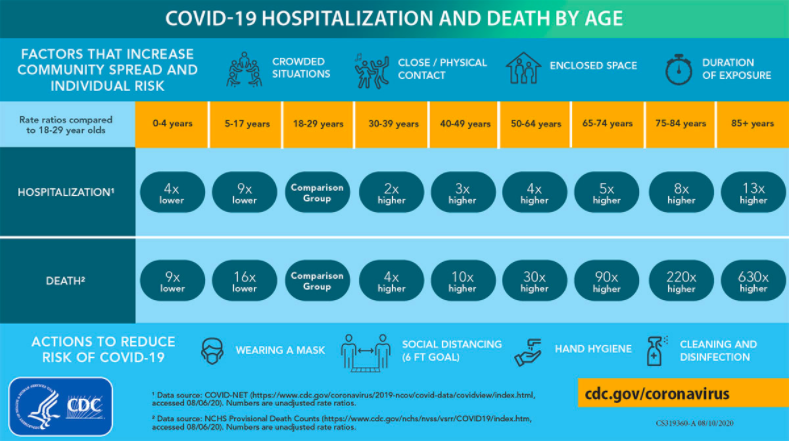
I got an mRNA booster shot in late June about 12 weeks after getting J&J. With the uncertainty around J&J’s protection against Delta, which is unlikely to be resolved soon, I felt more comfortable with the booster than without it. Let me explain. 1/9
https://twitter.com/angie_rasmussen/status/1407334172042022912?s=20
There is a good chance an mRNA booster isn’t needed at all. One shot of J&J provides high levels of protection against serious illness, even with Delta. Most J&J recipients are surrounded by mRNA vaccine coverage which provides indirect protection. 2/9
What evidence do we have?
1. Mix-and-match studies found that AstraZeneca then mRNA performed about as well as 2 shots of mRNA. AZ and J&J are not perfectly interchangeable, but analogous enough that this study is relevant. 3/9
nature.com/articles/d4158…
1. Mix-and-match studies found that AstraZeneca then mRNA performed about as well as 2 shots of mRNA. AZ and J&J are not perfectly interchangeable, but analogous enough that this study is relevant. 3/9
nature.com/articles/d4158…
2. There is a J&J + Moderna trial underway at the NIH, which means it’s reasonable to expect it’s safe and will provide more protection. The CDC is unlikely to release new recs for J&J recipients until those results are in.
3. Several small studies found mixed results. 4/9
3. Several small studies found mixed results. 4/9
We know that mRNA vaccines are extremely safe and there is plenty of supply in the US right now. It seems fair for people who only had one shot to have access to a second, especially if since the J&J shot may be somewhat less protective than two. 5/9
Sticking with just the J&J for now is also a reasonable option. It’s highly protective and many people aren’t comfortable getting a booster without CDC guidance. The booster gave me peace of mind because my work and travel schedule this summer put me at greater risk of Delta. 6/9
So I spoke to my doctor openly about my situation and got a prescription for an mRNA booster. In many cases doctors do have the option to prescribe medical interventions that aren’t specifically recommended by the CDC. It’s analogous to “off-label use”. 7/9
I have no regrets about getting the J&J vaccine! It’s a very versatile choice. You can get one and be done or decide down the road to get a booster. It would make for a powerful first-doses-first strategy where booster timing is determined based on real-time data. 8/9
The bottom line is that there is likely little risk to getting an mRNA booster after J&J and potentially a lot of risk in not getting one, both for the recipient and for those around them. Second shots after J&J are one more bulwark against Delta. And we are going to need it. 9/9
This is a great thread by @michaelzlin with more evidence. Note that my argument for mRNA boosters after J&J is based on "the full landscape of uncertainty" not just preventing the worst-case scenario, which can potentially lead to over-caution.
https://twitter.com/michaelzlin/status/1407059999101181955?s=20
Caveat: I am a health policy expert, not an MD. But Dr. @VinGuptaMD also recommends the mRNA booster after J&J.
https://twitter.com/VinGuptaMD/status/1409669269395173379?s=20
• • •
Missing some Tweet in this thread? You can try to
force a refresh





